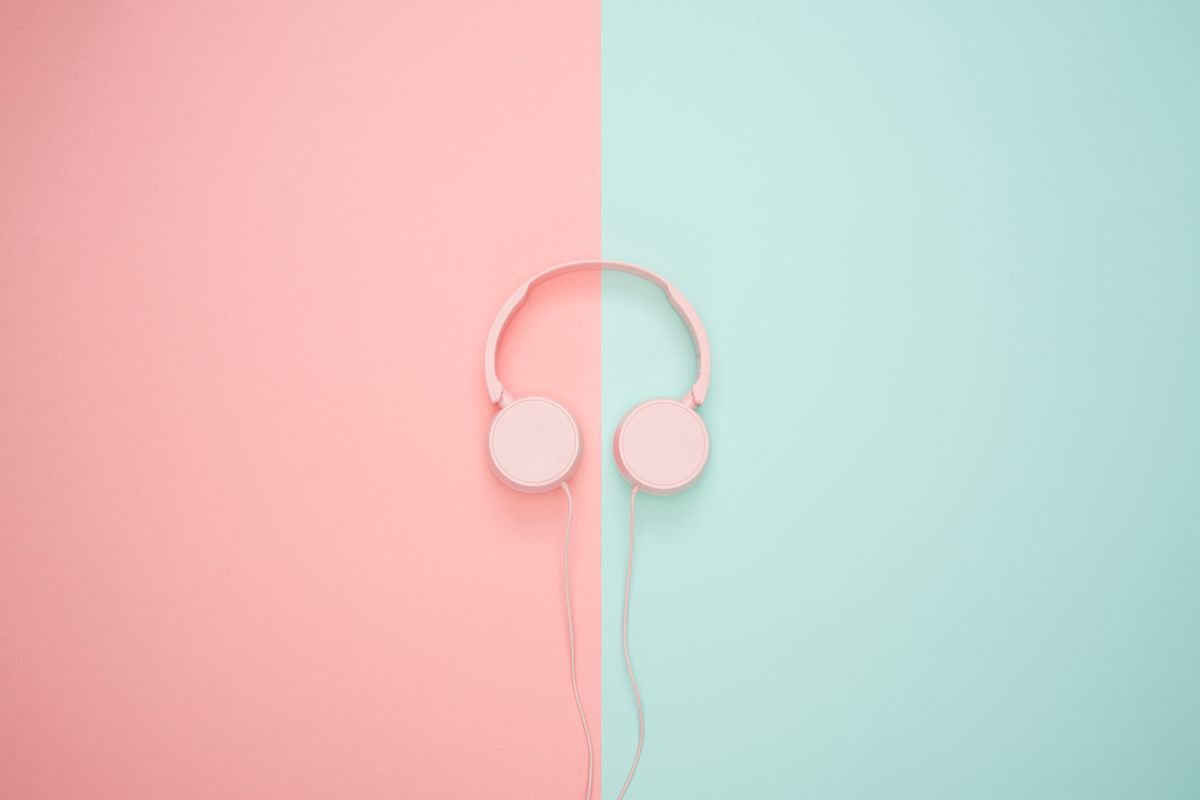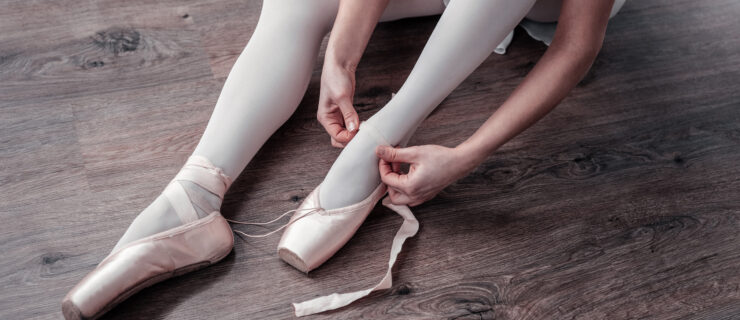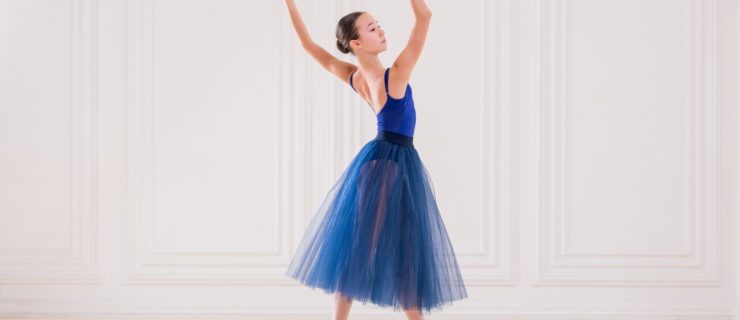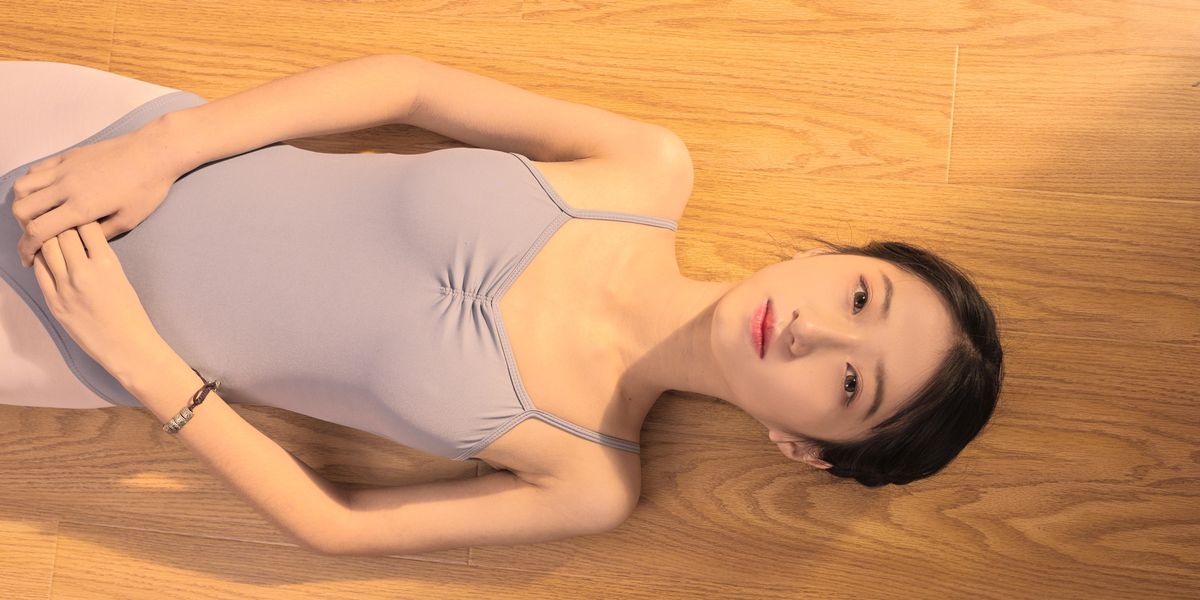Ask Amy: Understanding Music Copyright Laws
This story originally appeared in the June/July 2015 issue of
Pointe.
I’ve recently started choreographing. What do I need to know about copyright laws for music? Do I need to obtain rights for all the music I want to use, or only in some situations? —
Abby
I spoke with New Chamber Ballet artistic director Miro Magloire, who’s not only a choreographer but also a musician and composer. The short answer to copyright laws? “Most music, whether classical or a pop song, remains under copyright protection until at least 70 years after the death of its composer,” says Magloire. Most music older than that, or composed before 1923, is public domain.
That means that if you use music that is still under copyright protection for any public dance performance, “even if it’s a free performance, a school performance or if you’re only using a short excerpt of the music,” says Magloire, “you’ll likely need to obtain permission from the composer, or from whoever holds the rights after the composer’s death.” You may also have to pay a fee, the amount of which varies greatly.
To get started, research who holds the rights—it’s often either the composer or the composer’s heirs, who are usually represented by a publishing company. Contact them to obtain a performance license (an official agreement that gives you permission to use the music and that sets the fee). That’s not all—according to the website of music publisher Boosey & Hawkes, if you’re using a recording, you’ll also need to receive permission from the record label through a phonographic licensing society such as ASCAP, SESAC or BMI. Give yourself plenty of time. “Start at least three months in advance, just in case,” says Magloire, noting that publishers don’t always say yes.
Have a question? Send it to
Pointe editor in chief and former dancer Amy Brandt at [email protected].





